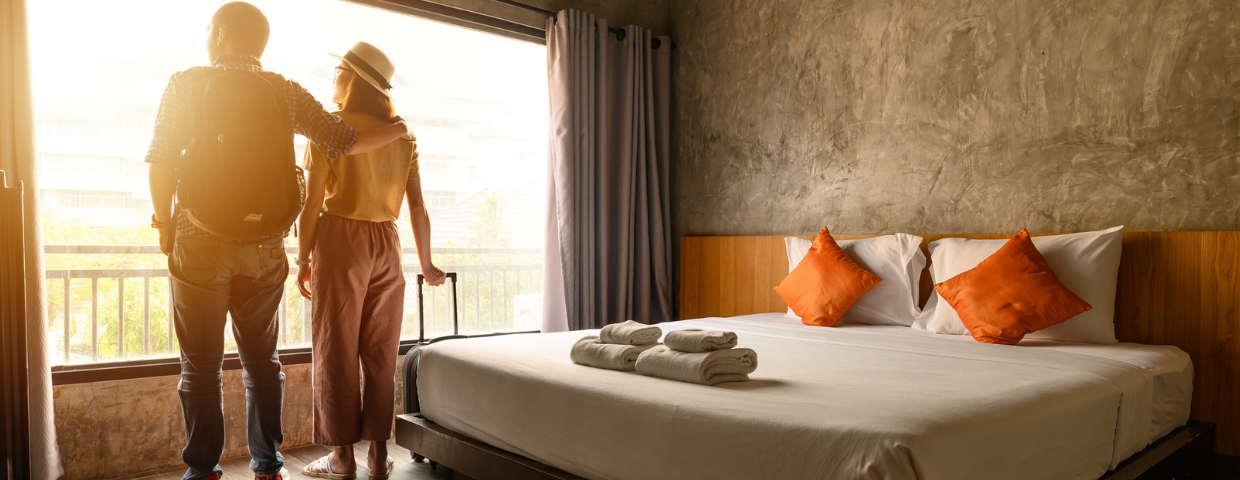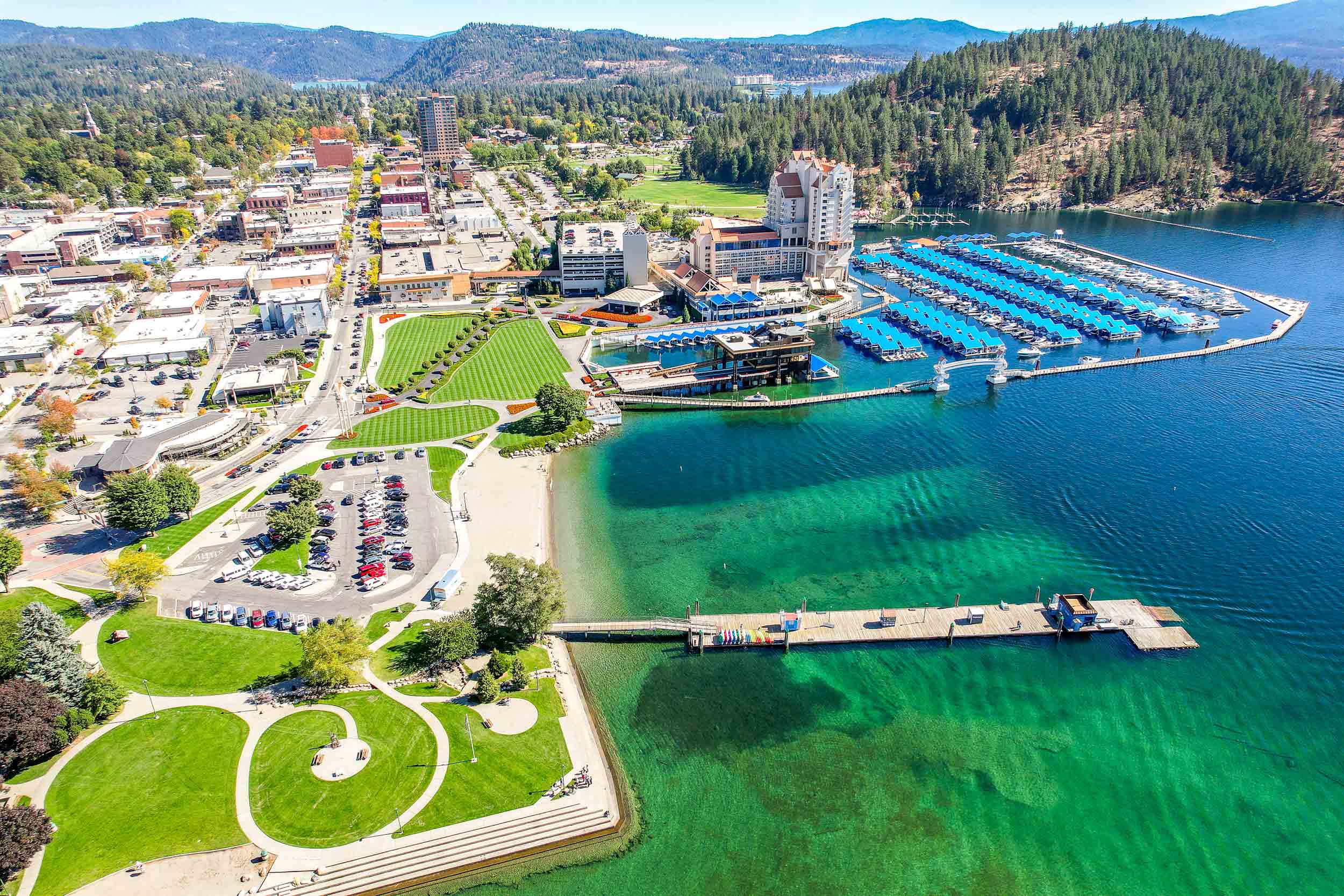What To Expect When Buying A Vacation Home

For some homeowners, purchasing a second home – or a vacation property – provides a place where they can have a change of scenery and an escape from day-to-day living. Since the start of the pandemic, a number of homeowners have chosen to move into their vacation homes to do exactly that on a longer-term basis. However, certain aspects of buying and moving into a vacation home differ from a traditional home purchase, so it’s important to work with a buyer’s agent who understands the nuances of both.
Before You Buy
One of the first things to consider before buying a vacation property is whether you are financially ready to take on everything that comes with managing and maintaining another home. If you’re still in deep with your primary residence’s mortgage and are not cash-ready, it may not be the best time to purchase a second home.
Like any home purchase, there are pros and cons to owning a vacation home. Vacation properties are likely to retain their value depending on where they’re located. They also allow you to experience the never-ending vacation lifestyle. However, owning a vacation property can come with its own set of unique expenses. Not only will be you responsible for all the maintenance work that you might normally leave to a property management company, but if the vacation home is located on the water or a steep hillside, you can also expect higher homeowner’s insurance costs.
Moving In
Any moving process presents unforeseen challenges and moving into a vacation home is no different. Whereas previously the home provided accommodation for relaxing, moving in will require it to meet the demands of everyday living. It may be high time to make repairs or upgrades to the home, which could drive up your move-in costs.
Before moving in, assess the condition of all furnishings to get an idea of what needs replacing. Making the home your main residence will put added strain on your appliances, so what may have previously worked well for short-term stays won’t cut it for full-time living. Check your refrigerator, dishwasher, and washer and dryer to see if they need updating before moving in.
If you’ll be working remotely in your vacation home, think about your desired work conditions before putting together your home office. Having a designated workspace will help balance your home and work life.
by Sandy Dodge
This article originally appeared on windermere.com/blog


